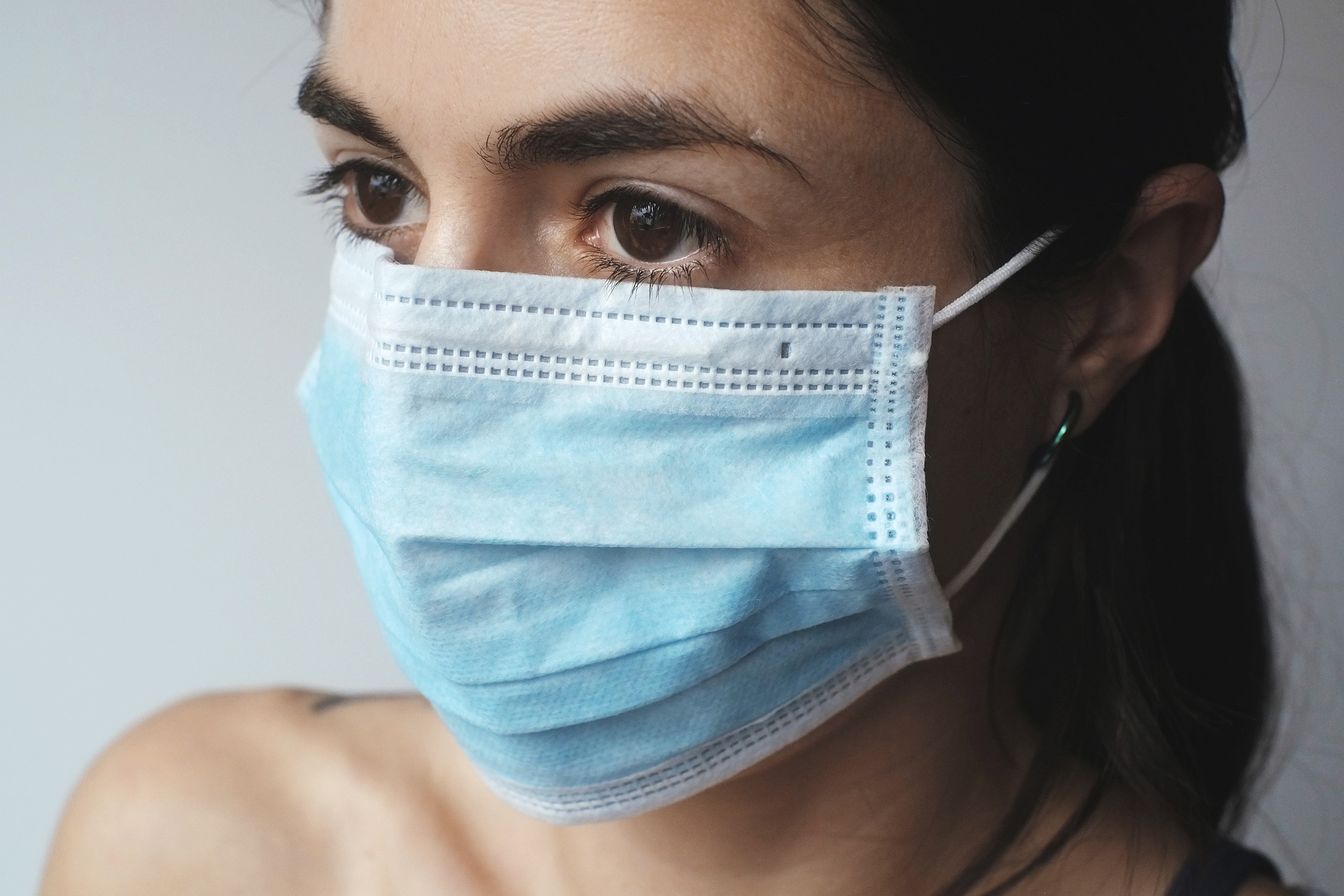
Protect yourself and others from COVID-19:
Get up to date with your COVID-19 vaccines before you travel.
Consider getting tested before travel.
Follow CDC’s recommendations for wearing masks in travel and public transportation settings.
Get tested after arrival.
Countries may have their own entry and exit requirements.
Non-U.S. citizen, non-U.S. immigrants: You must show proof of being fully vaccinated with the primary series of an accepted COVID-19 vaccine before you board your flight to the United States. Only limited exceptions apply.
Get up to date with your COVID-19 vaccines before you travel.
Find out when you can get your booster and where to get a vaccine or booster.
COVID-19 vaccines are effective at protecting people—especially those who are boosted— from getting seriously ill, being hospitalized, and even dying.
Follow all requirements of transportation operators (such as airlines, cruise lines, buses) and any requirements, including mask wearing, proof of vaccination, or testing at your destination.
Requirements in other countries may differ from U.S. requirements. If you do not follow your destination’s requirements, you may be denied entry and required to return to the United States.
If you have a weakened immune system or are at increased risk for severe disease, take multiple prevention steps to provide additional layers of protection from COVID-19 even if you are up to date with your COVID-19 vaccines.
Talk to your healthcare provider about your risk before travel and consider delaying travel to areas with high COVID-19 levels. Even if you are up to date, you should know what precautions to take.
Consider getting tested with a viral test as close to the time of departure as possible (no more than 3 days) before travel.
Make sure you know your test results before travel.
Don’t travel if your test result is positive.
Find a U.S. COVID-19 testing location near you or use a self-test.
This website uses cookies.